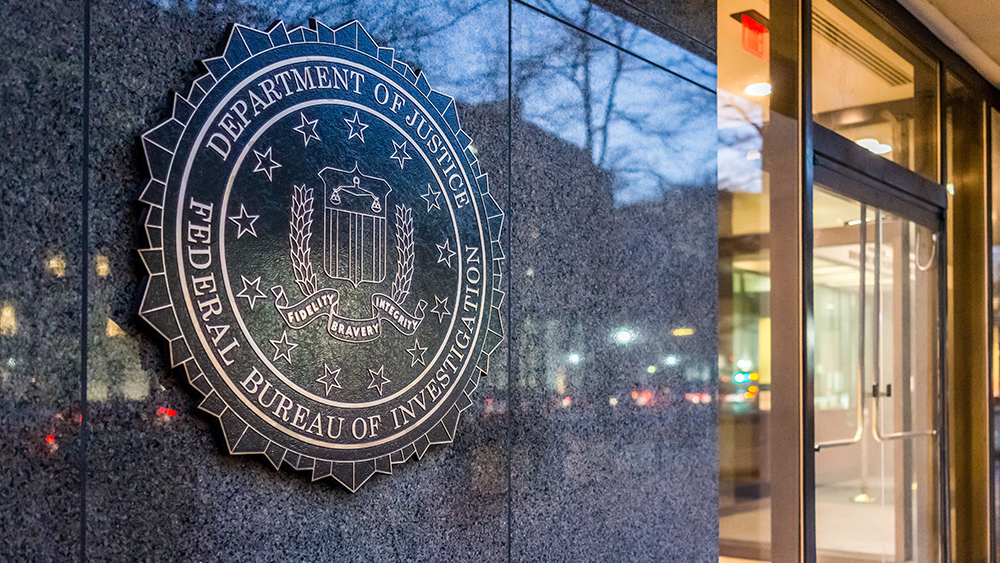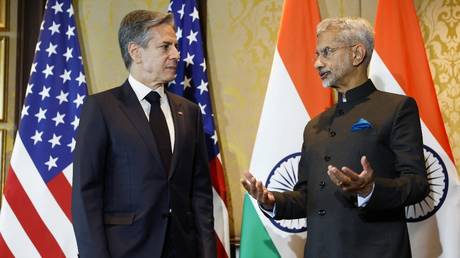Facebook, Google, and Amazon are big winners in the new NAFTA deal

The new “USMCA” deal the US, Canada, and Mexico tentatively agreed to provides wide-reaching protection to internet giants from lawsuits and liabilities for what appears on their services.
The deal essentially gives internet companies the same protections they enjoy under Section 230 of the US’s Communications Decency Act, stating:
no Party shall adopt or maintain measures that treat a supplier or user of an interactive computer service as an information content provider in determining liability for harms related to information stored, processed, transmitted, distributed, or made available by the service, except to the extent the supplier or user has, in whole or in part, created, or developed the information.
Like the US’s Communications Act, this means that providers of “interactive computer services” aren’t considered the publisher of any information provided by someone else. What that means is that they can’t be a target of libel suits or other complaints based on the information they are disseminating. It also protects these services from being sued on free speech grounds when they make “good faith” efforts to eliminate obscenities, violence, and harassment.
Section 230 has been credited with creating an environment that allowed startup tech companies to flourish in the US. But the enshrining of the Section 230 protections in an international trade agreement comes as Facebook especially is under fire for spreading political propaganda and enabling racial discrimination—and as many critics are calling for more regulation of the internet companies, rather than more exemption from liability.



